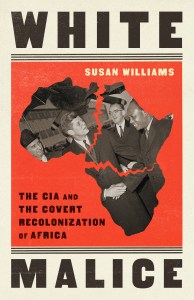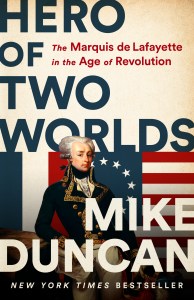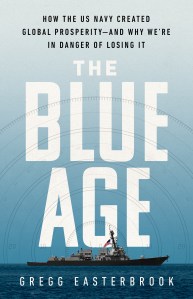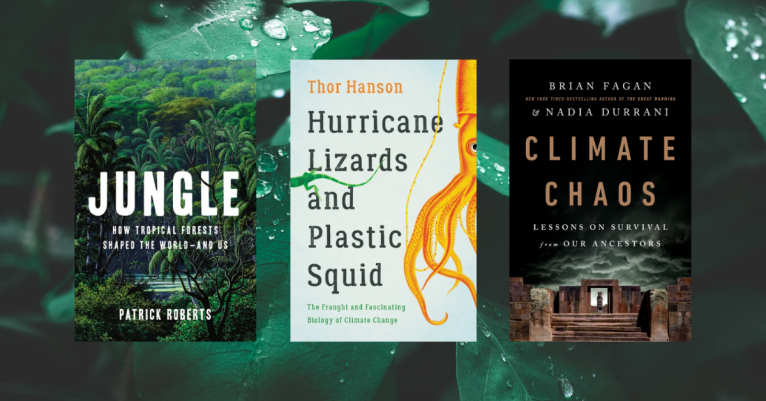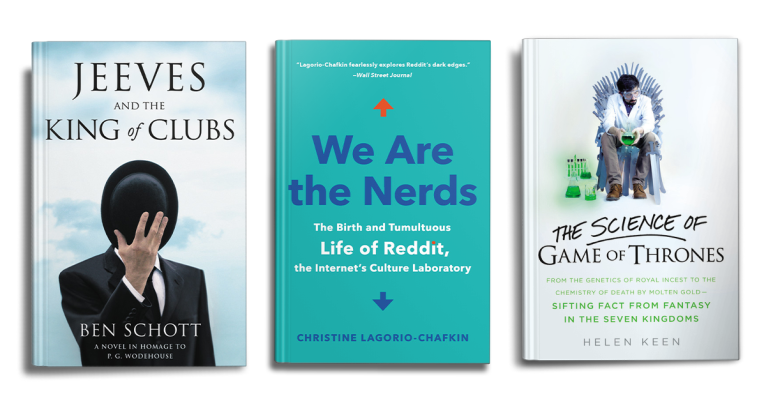6 New Reads to Help You Understand History in America
American history is one contradiction after another. The nation’s most important documents profess a devotion to liberty, equality, and justice for all; the actions of its citizens and leaders all too often fail to embody these ideals. Why does this happen? What effects do these contradictions have on America and the world as a whole? Is there a way to prevent such inconsistencies and work toward a better, more thoughtful, and more inclusive nation?
Education, including self-education, is a good way to counteract misinformation and confusion. These U.S. history books delve into very different aspects of the American story, from foreign policy to the lives of individuals who risked all for a noble cause. Sometimes painful, sometimes enlightening, and always fascinating, the six books featured here will broaden your perspective on the history of one of the most influential nations on Earth—and help you figure out the best ways of navigating the imperfect future America’s actions have helped to create.
Anyone interested in CIA history will want to read Susan Williams's White Malice. It is a disturbing but necessary exploration of how the United States interfered in various African nations' attempts to establish themselves post-independence. Even as colonial powers like Britain and France relinquished their hold on African colonies, the United States—and the CIA in particular—actively worked to undermine these countries' leaders for its own gain. This has had far-reaching and catastrophic consequences for the African continent and America's reputation.
The Marquis de Lafayette (real name Marie-Joseph Paul Yves Roch Gilbert du Motier de La Fayette) is celebrated for volunteering to join Washington's army and helping America win its independence from Britain—all while still a teenager. But that was only a small portion of his life: after returning home to France, he also participated in the French Revolution, cementing his status as a courageous freedom fighter. Hero of Two Worlds tells Lafayette's complete biography, from his beginnings as a young runaway to his fraught final days as an enemy of the new French king. Lafayette may not have been born in America, but his devotion to American ideals makes his story a critical one for those curious about early American history.
Officially, the United States did not enter World War 2 until the Japanese attacked Pearl Harbor on December 7, 1941—this despite knowing the threat Hitler posed and the damage he was inflicting throughout Europe. Long before that infamous day, Mildred Harnack, an American studying in Germany when the Nazis rose to power, risked (and ultimately gave) her life to fight the Third Reich and protect Jewish people from their genocidal plans. While many World War 2 history books focus on big battles and famous names, All the Frequent Troubles of Our Days shines a long-overdue spotlight on one of the conflict's unsung heroines.
As America's 20-year war in Afghanistan draws to a bloody, controversial close, First Casualty looks back on its very beginnings. Specifically, it reviews the actions of Team Alpha, a band of CIA operatives sent to infiltrate the Taliban in 2001, almost immediately after 9/11. Despite hard-won success early on, the team and the entire mission soon became mired in insurmountable difficulties from which they never really recovered. For anyone struggling to understand why the conflict in Afghanistan ended the way it did, this book is a good starting point.
Ashley, like many enslaved girls in the antebellum American South, was sold away from her family at an early age. Before they were separated, Ashley’s mother Rose managed to give her a personalized knapsack filled with keepsakes—proof of Rose’s love that Ashley could take with her wherever she went. All That She Carried is the touching story of how that knapsack was passed down from generation to generation, and what it can tell us about slavery, history, humanity, and love.
International trade has been a largely peaceful endeavor during the last half-century, largely thanks to the oversight and protection of the United States Navy. But today, trade faces harrowing new obstacles—from climate change to Chinese ambition—that the Navy may not have the resources to effectively counter. These problems could lead to product shortages, decreased standards of living, and increased conflict on the high seas. In The Blue Age, author Gregg Easterbrook examines the problems threatening free trade and possible solutions that may keep the world's waterways safe for everyone.
Eileen Gonzalez is a freelance writer from Connecticut. She has a Master’s degree in communications and years of experience writing about pop culture. She contributes to Book Riot and Foreword Reviews, and she occasionally tweets at @eileen2thestars.
By clicking ‘Sign Up,’ I acknowledge that I have read and agree to Hachette Book Group’s Privacy Policy and Terms of Use
